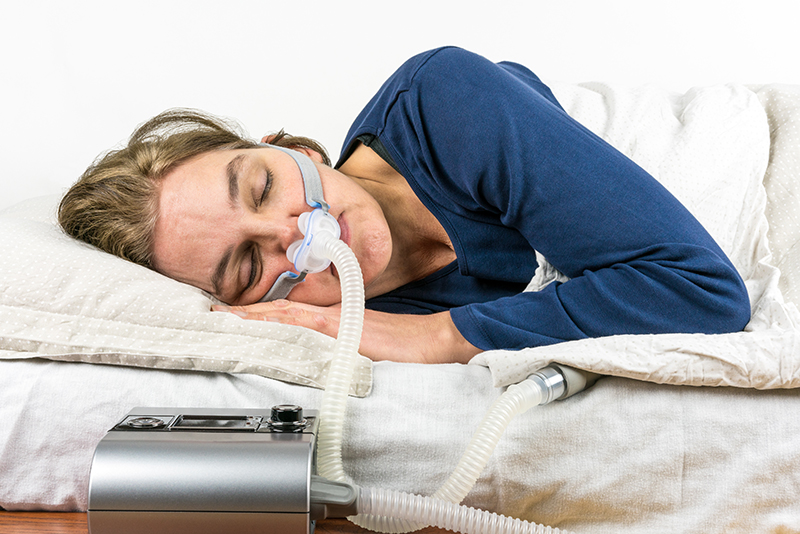Today, approximately 28 million Americans are inflicted with sleep apnea. This is a sleeping disorder where breathing repeatedly stops and starts. One of its most common and identifiable symptoms is snoring. You might be affected by this sleeping condition or know someone who suffers from it. One of the therapies that address sleep apnea is CPAP therapy.
CPAP therapy requires patients to wear masks or tubes that supply pressurized air into the nose or mouth to keep the throat muscles from constricting or relaxing. The idea of wearing masks for CPAP while sleeping might seem daunting or scary; however, it is frankly a small price to pay than reaping the long-term effects of sleep apnea.
Why You Should Entrust Your Sleep Apnea to CPAP Therapy
In obstructive sleep apnea, your breathing is briefly or repeatedly interrupted during sleep. You might say, “I’ve been snoring all my life! Nothing bad could happen.” Like a thief in the night mylabcorp, however, the effects of sleep apnea do not make grand proclamations, but they do affect you when you’re awake.
Sleep apnea causes inexplicable feelings of exhaustion despite a whole night’s sleep and shortness of breath in the morning sapnea. Sleep apnea can lead to hypertension, heart and cardiovascular diseases, and even mood and memory problems, according to the Sleep Foundation.
Early treatment of sleep apnea by CPAP therapy, with the correctly chosen masks for CPAP for you, can guarantee more than a good night’s sleep. It can give you sufficient brain oxygen levels , lower levels of stress, and lower chances for disease in the long run.
Getting into Sleep Apnea CPAP Therapy
If you suspect that you have sleep apnea, here are the steps you can take in having yourself treated.
Prepare a sleep record.
This is a set of information regarding your sleep that will help you consult a sleep physician. You may ask your partner or roommate if they notice you snore heavily, gasp, choke, or stop breathing at night. You may also list the medications you’re currently prescribed to make your interview with the physician easier.
Visit a sleep center.
You might look into sleep centers in your vicinity or ask your medical insurance company for a referral. The center might require you to undergo a sleep study—an overnight stay in the center that will help them monitor your body during sleep. By looking into your heart rate, respiratory effort, airflow, and blood oxygen levels, they will be able to identify if you have sleep apnea and its severity.
Consult your sleep physician regarding the best treatment for you.
Once your sleep test results are up, you can talk to your physician regarding the best treatment to undertake. Currently, the most recommended treatment for sleep apnea is CPAP.
Get the suitable mask for CPAP.
Once you’ve decided on CPAP to treat your sleep apnea, explore the CPAP mask best suited for your sleeping habits. Luckily, there are now many types of CPAP masks for mouth-breathers, without face masks, or without mouthpieces; these are being developed and improved every day to ensure your sleep comfort and faster sleep apnea recovery. Talk to your sleep technologist to make sure that your CPAP mask suits you best.
Use your mask for CPAP.
The secret to steady recovery is regular use. Many CPAP users drop the treatment due to a variety of reasons: claustrophobia, trouble sleeping, dry mouth and nose, and a bad fit. Remember that this does not mean that CPAP therapy isn’t for you. You may continually consult with your sleep center or sleep technologist regarding these problems so they can be addressed. These minor discomforts are 100% fixable.
Treatment might look like a long road for getting rid of your sleep apnea through CPAP, but it will be worth it. By consulting the right people and knowing the correct information, it doesn’t have to be complicated.



